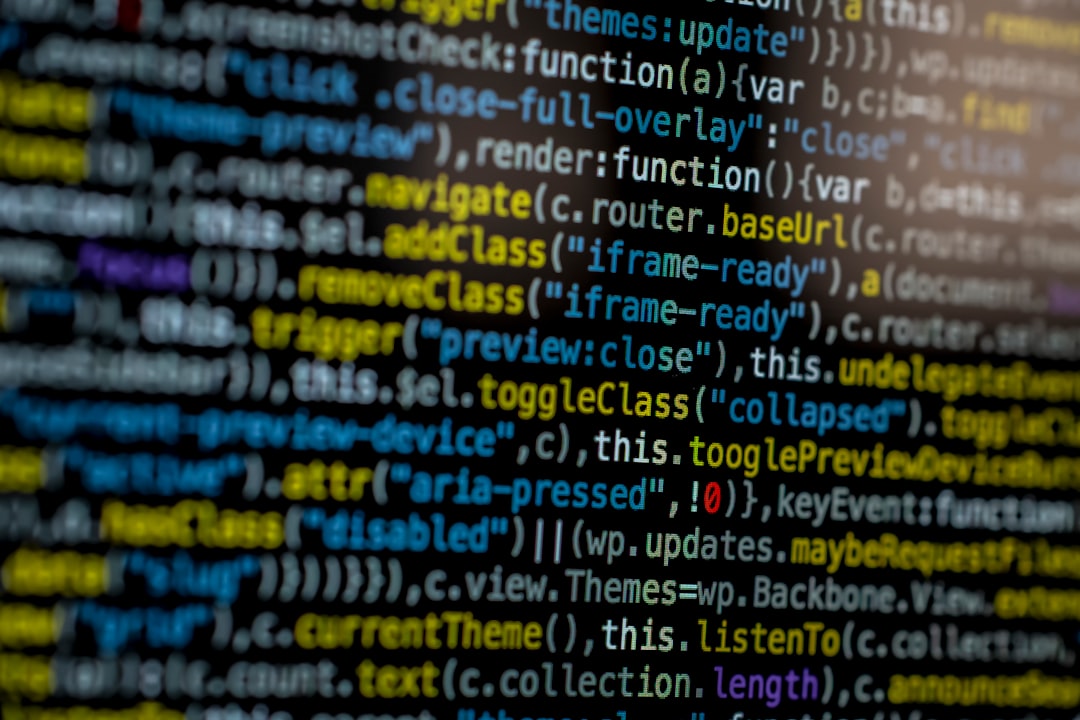In today’s rapidly changing world, technology is advancing at an unprecedented rate. One of the most groundbreaking technologies of recent times is artificial intelligence (AI). AI is revolutionizing various industries, and manufacturing is no exception. The role of AI in manufacturing is immense and has the potential to completely transform the way we produce goods.
Artificial intelligence in manufacturing involves the use of machine learning algorithms and advanced data analytics to optimize production processes, improve efficiency, and increase productivity. AI technologies such as robotics, computer vision, natural language processing, and predictive maintenance are being deployed in manufacturing plants to automate tasks, detect defects, and predict equipment failures before they occur.
One of the key areas where AI is having a significant impact in manufacturing is in predictive maintenance. Traditional maintenance practices in manufacturing plants are often reactive, meaning that equipment is repaired or replaced only after it has failed. This approach can result in costly downtime and lost production. AI-based predictive maintenance, on the other hand, uses sensors and machine learning algorithms to monitor the condition of equipment in real-time and predict potential failures before they occur. By detecting and addressing issues early, manufacturers can avoid costly unplanned downtime and extend the lifespan of their equipment.
Another important role of AI in manufacturing is in quality control. Manufacturing defects can have serious consequences for businesses, leading to wasted materials, rework, and product recalls. AI technologies such as computer vision and machine learning can be used to automatically inspect products for defects, ensuring that only high-quality goods are delivered to customers. With AI-powered quality control systems, manufacturers can identify defects more quickly and accurately than with traditional methods, reducing waste and improving product quality.
AI is also enhancing efficiency and productivity in manufacturing through the use of robotics. Robotic systems equipped with AI algorithms can perform complex tasks with speed and precision, increasing production rates and reducing labor costs. For example, AI-powered robots can assemble products, perform repetitive tasks, and navigate manufacturing environments autonomously. By deploying robotic systems in their plants, manufacturers can improve efficiency, reduce errors, and increase output.
In addition to predictive maintenance, quality control, and robotics, AI is also being used in manufacturing for demand forecasting, supply chain management, and inventory optimization. By analyzing historical data and market trends, AI algorithms can predict future demand for products, optimize inventory levels, and improve supply chain efficiency. This allows manufacturers to better anticipate customer needs, reduce costs, and improve overall operational performance.
Despite its benefits, the integration of AI in manufacturing does present some challenges. One of the main concerns surrounding AI is the potential impact on jobs. As more tasks are automated through AI technologies, there is a risk that some jobs may become obsolete. However, proponents of AI argue that the technology will create new opportunities for workers, such as data scientists, AI engineers, and robotics technicians. By upskilling the workforce and providing training in AI-related skills, manufacturers can ensure that their employees are prepared for the future of work.
Another challenge facing the adoption of AI in manufacturing is data privacy and security. As AI systems collect and analyze vast amounts of data, there is a need to ensure that sensitive information is protected from cyber threats and unauthorized access. Manufacturers must implement robust security measures, such as encryption, access controls, and regular audits, to safeguard their data and maintain the trust of their customers.
Overall, the role of artificial intelligence in manufacturing is poised to revolutionize the industry and drive innovation. By leveraging AI technologies, manufacturers can improve efficiency, reduce costs, and enhance product quality. As AI continues to evolve and advance, it will be interesting to see how manufacturers adapt and embrace the potential of this transformative technology. Ultimately, the integration of AI in manufacturing will lead to a more agile, responsive, and competitive industry that is poised for success in the digital age.


